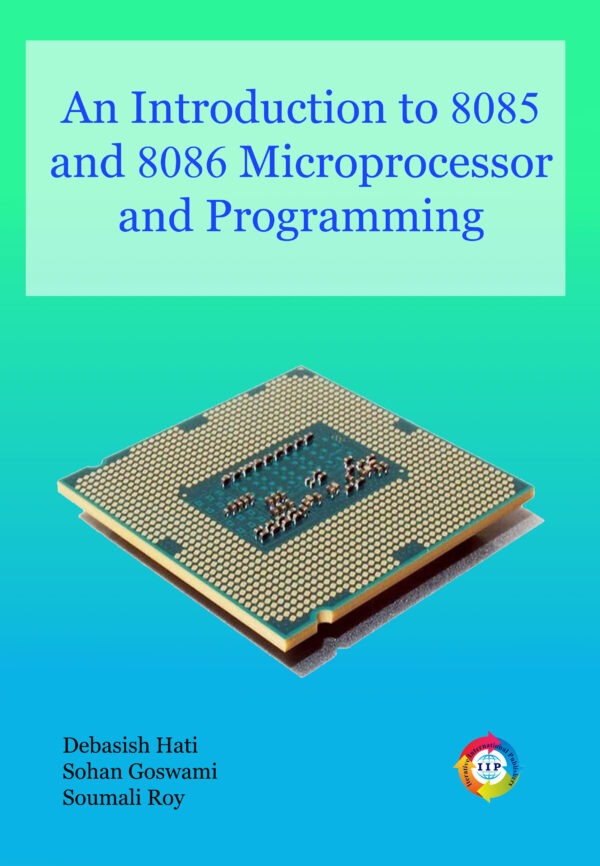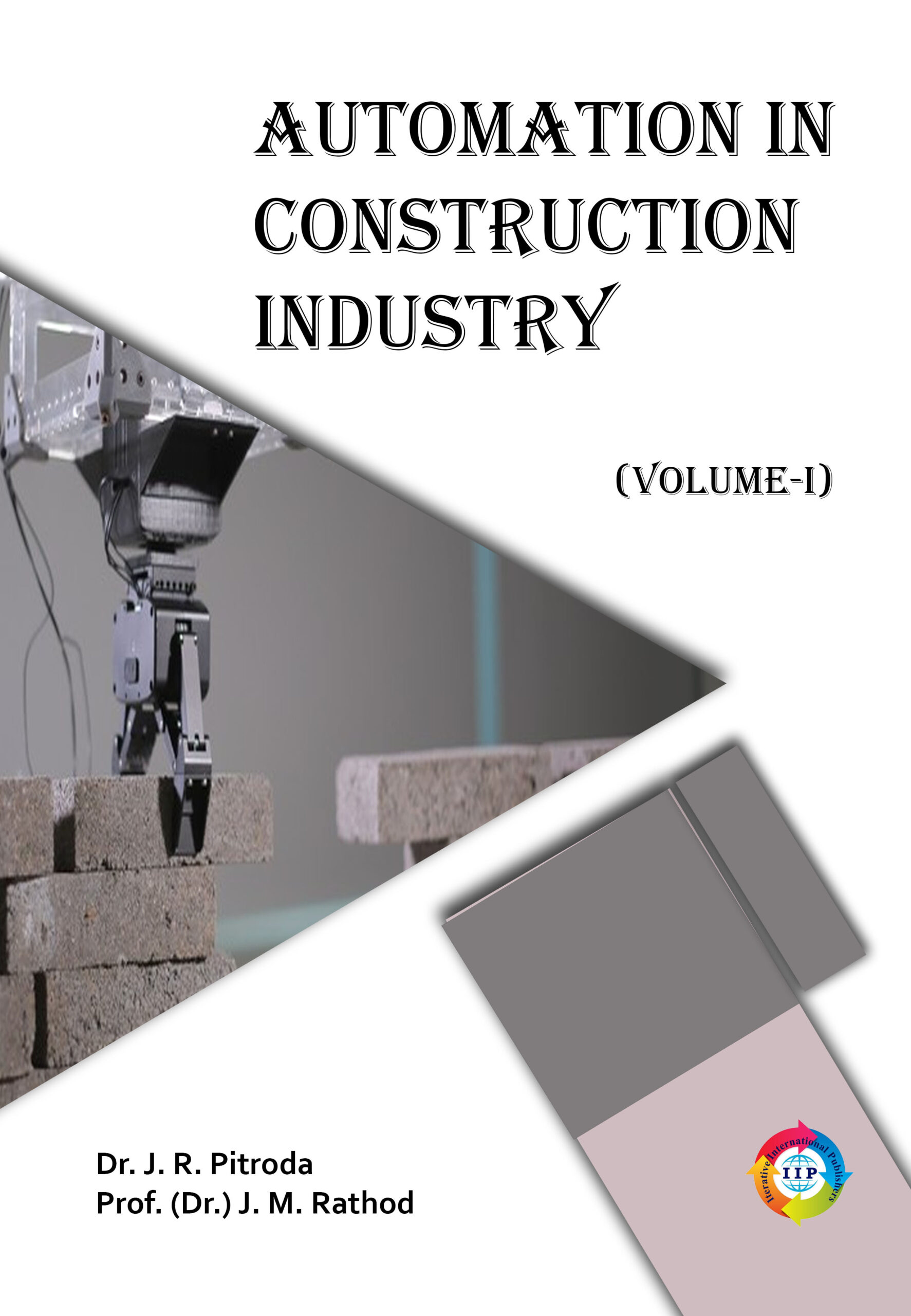Microprocessor is an electronic component which is regarded as the central processing unit of a computer system. Microprocessor based systems are used in everywhere today starting from computers to smartphones to every electronic home appliances, in automatic testing of products, traffic lights, communication equipment, satellite, television, in medical instruments like ECG, in transportation industry etc. With the advancement of technology microprocessors have become faster and much more effective in executing instructions. With VLSI technology Integrated Circuits are constructed where millions of transistors are combined into a single chip. Microprocessor designers have to keep in mind a lot of issues other than the advantage of VLSI like clock frequency, number of registers, memory capacity and memory interfacing etc. Intel brought first microprocessor 4004 in 1971, since then microprocessor revolution started. The 8085 is an 8-bit microprocessor which is considered as a revolutionary microprocessor in the hierarchy as studying 8085 gives all the necessary concepts of Computer Architecture and helps us to understand how a system functions. It was followed by 8086, a 16-bit microprocessor down the invention line. Therefore studying on 8085 and 8086 microprocessors will be of huge importance for students pursuing technical courses.
This is the first edition of this textbook and it is intended for diploma and undergraduate engineering students. This textbook explains the architectural details of 8085 and 8086 microprocessors and illustrates the concepts in a simple approach. The examples, problems and the programmes of assembly language will give deep insight into 8085 and 8086 microprocessors and their working principles. The diagrammatic approach has been used to simplify the concepts. Starting from the pin diagram to the memory interfacing, the diagrams have been used for detailed overview.
We sincerely hope that this textbook will be an effective learning experience for the students and it will help them to develop their concepts for implementing different types of projects in future.









Reviews
There are no reviews yet.